Discover the Black Diaspora: An Introduction
Recently, I asked my Instagram followers to tell me things they’d like to learn about that has to do with Black culture. I believe that my platform should be used to discuss and learn about new ideas and historical happenings, whether they happened 100 years ago or today. I want us all to learn, and I’m certainly learning from all of you.
So, this week, we’ll be discussing the term “diaspora.” It’s a term I’d never heard of until a friend of mine introduced it to me on Instagram.
What is diaspora, and what does it have to do with Black culture?
There are various definitions and variations of diaspora. Today, I’ll be discussing the modern diaspora, which will be our point of reference.
In the words of Colin Palmer, as written in The African Diaspora, the modern African diaspora is a “product of racial oppression and attendant systemic evils, and resistance to them.” There are three major movements to the modern African diaspora: the Atlantic slave trade, the East African slave trade, and the contemporary movements of Africans and people of African descent to places around the globe. Though all these movements share an emotional bond with these ancestral homelands, none are identical.
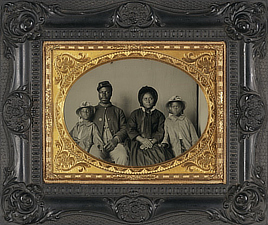 Precolonial and postcolonial diaspora
Precolonial and postcolonial diaspora
Using the first chapter of Isidore Okpewho’s book The anew African Diaspora as my point of reference, I’d like to start by pointing out precolonial and postcolonial diaspora as the diaspora of “enslavement and the diaspora of imperialism.”
The slave trade was abolished and replaced by the establishment of Western European colonizations over the exploitation of African nations’ natural resources. Africans of the precolonial diaspora were forced out of their homelands, where they had no choice but to take up residence in the Western World.
Though many slaves returned, their homes were different, altered, and the romantic feelings toward the past plagued them. Their offspring, such as many of us, have continued to reside in these countries. Where we continue to live with a “romance of Africa” by the halo of our ancestors fading memories.
The modern African diaspora
According the google, the Greek word diaspora means “to scatter about.” The term describes those who scatter from their homelands to other places as they spread their culture. These people identify in one geographic location yet reside in a different location.
Diaspora is important because as African Americans, we can connect to the feeling of being in a location that we may not inherently identify with. Our ancestors were scattered around many countries. It may affect our relationship with our surrounding environment. We may feel stuck, out of place, or some of us may want to go “home.”
I often felt this way, thinking that moving abroad or taking a trip to my ancestral country of Nigeria would fill the space within me. I still haven’t gone, so I wouldn’t know. Though, the more I think about it, the more I realize that the Nigeria my ancestors lived in hundreds of years ago is gone. Though, oddly enough, I still wish to go.
This is an odd feeling, the modern African Diaspora. However, I think that instead of observing the past cultures of people we cannot physically connect to, we should observe the lives of those who came directly before us: our parents and our parents’ parents, and the culture they constructed here. Without them, there would be no room for us to grow.
These enslaved people planted the seeds to the culture before our eyes, and it’s our job to water it and make it grow as they did. It’s beautiful to see how our ancestors constructed this world for our benefit overtime.
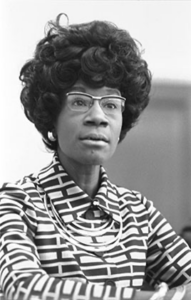 Celebrating our culture
Celebrating our culture
Though, our history is followed by horrors that we should never censor. Rather than looking towards the horrors of this diaspora, I will look romantically at the culture our people created . While these things are important, our focus will direct our outlook and expectations.
The modern diaspora has had a profound impact on Black culture. It has shaped our languages, our food, our music, our art, and our traditions. It has also given us a unique perspective on the world.
For these reasons, I’m grateful to be a part of the Black Diaspora. It’s a rich and complex heritage that I’m proud to claim.
What are your thoughts on the modern African Diaspora?

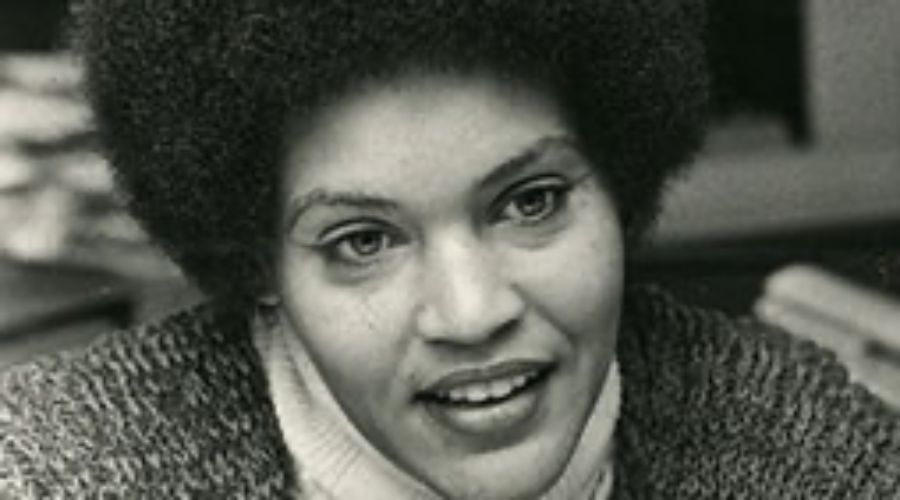
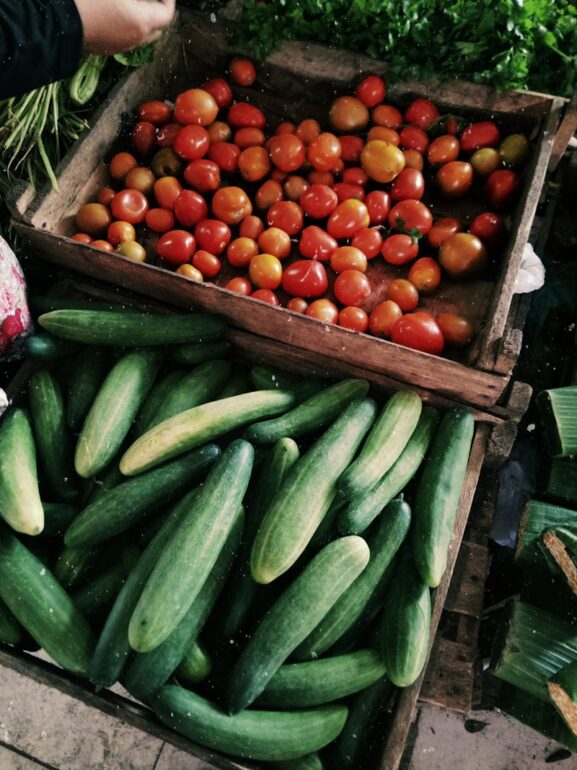
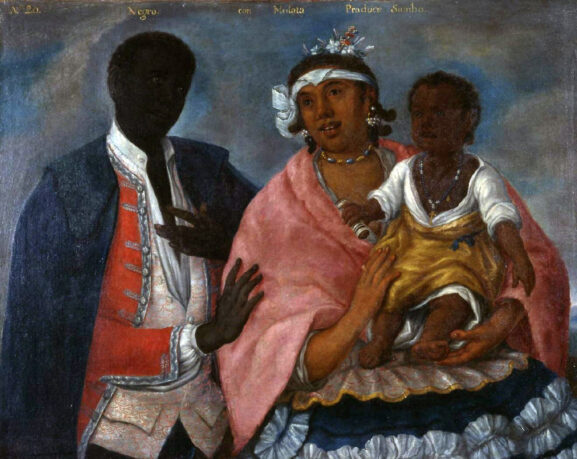
Aaliyann
October 28, 2023 at 1:41 amNicely put. I never understood the word diaspora so this helped me learn the word and the history around it.
Trinitee Andrews
November 20, 2023 at 5:31 amThank you! I’m glad to hear that you were able to get something out of it.